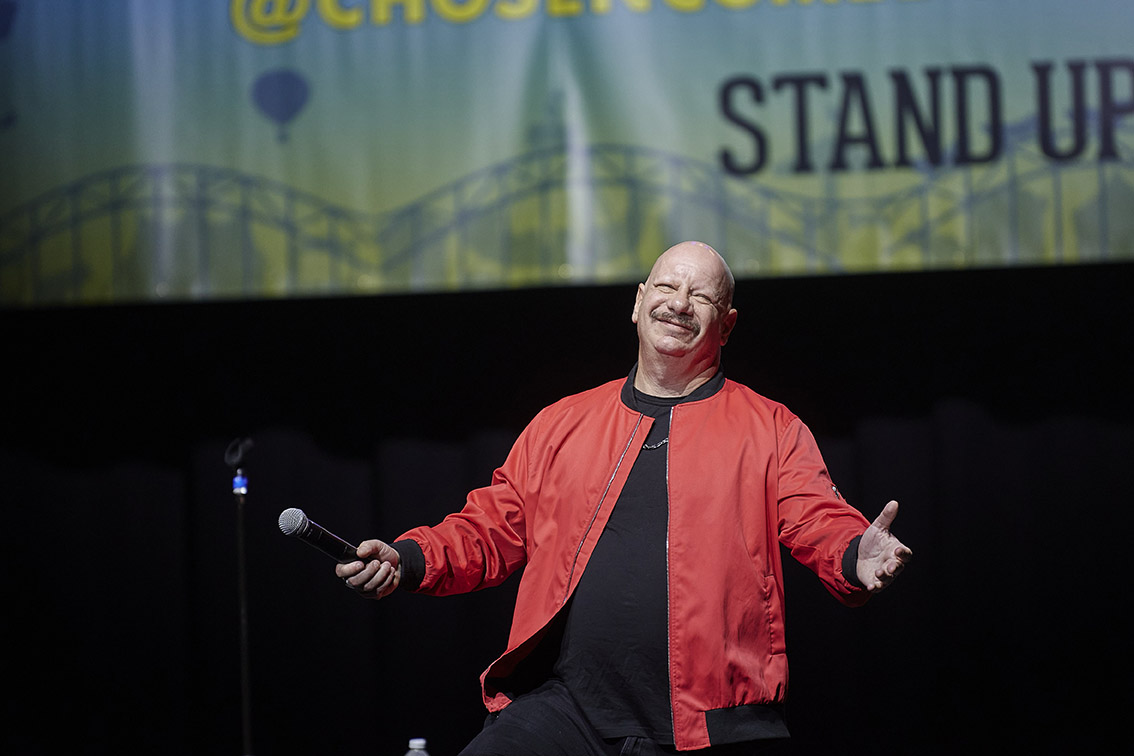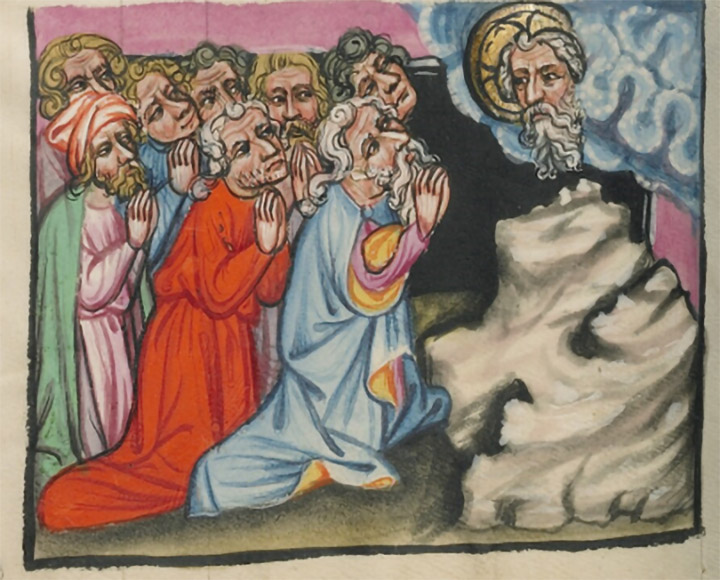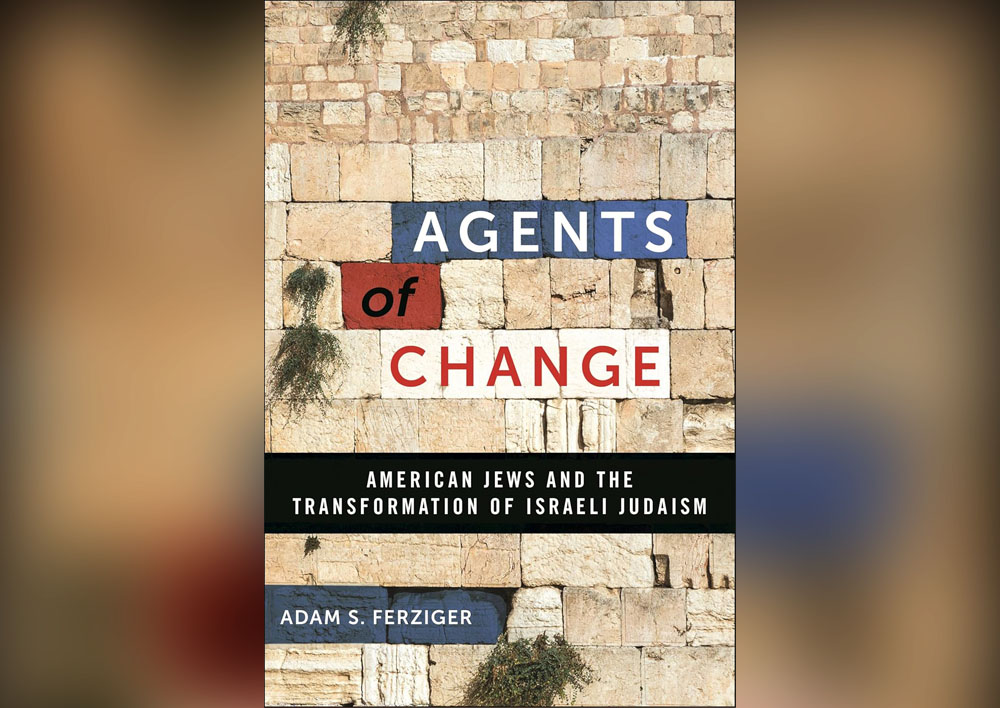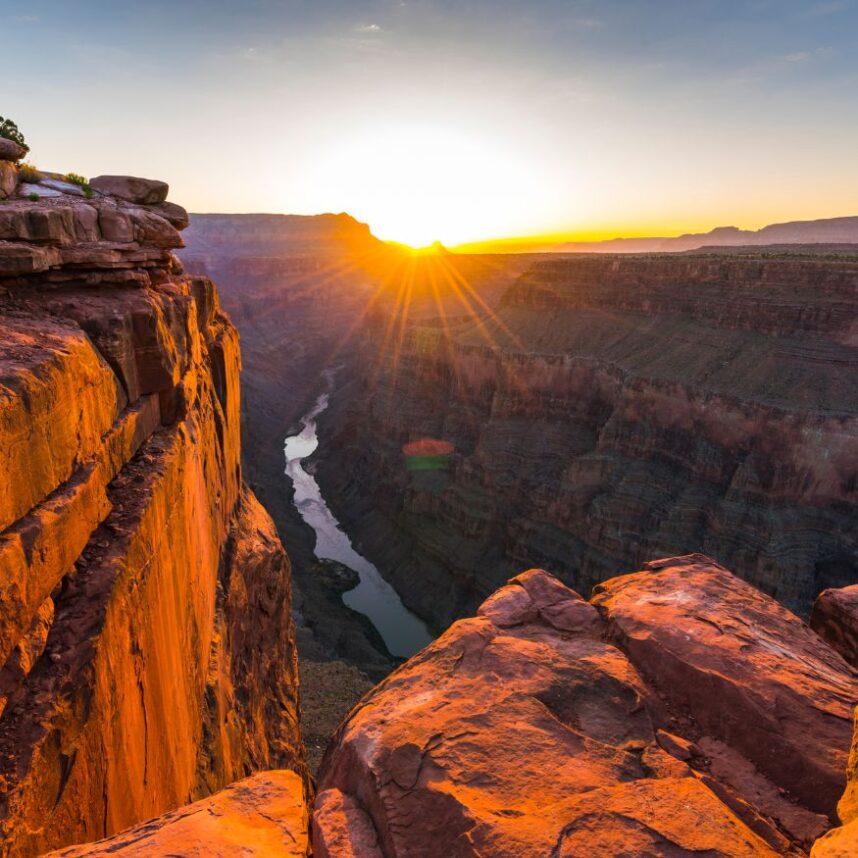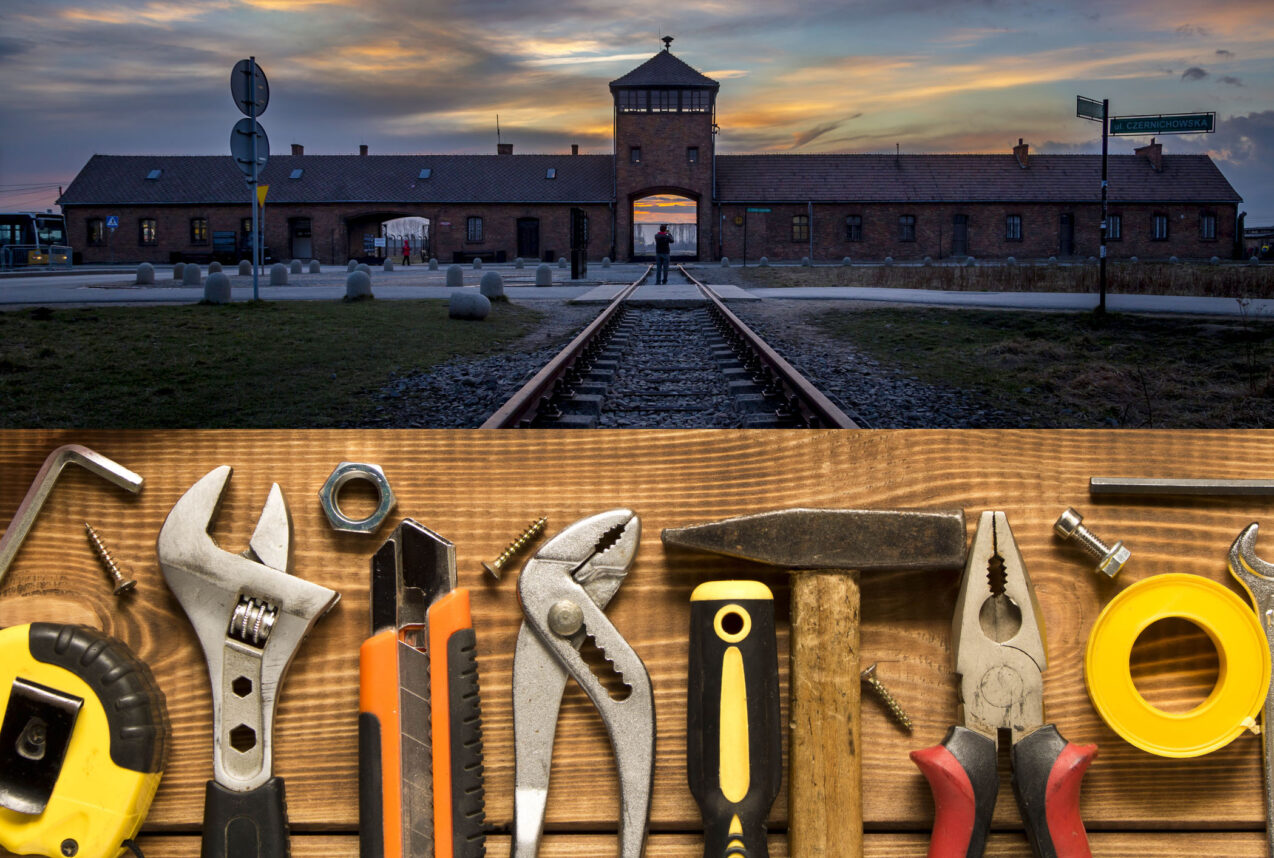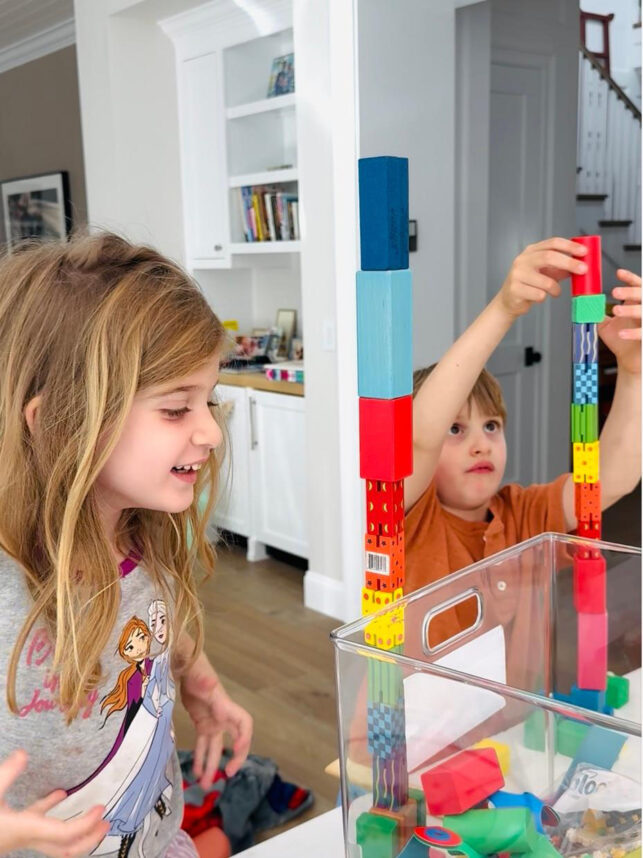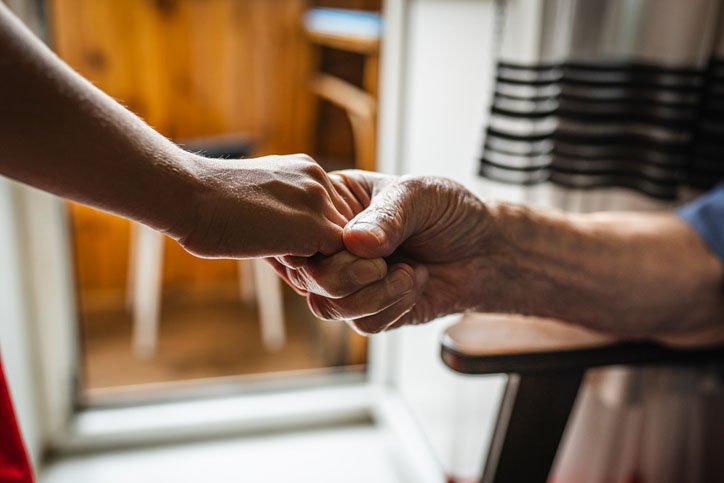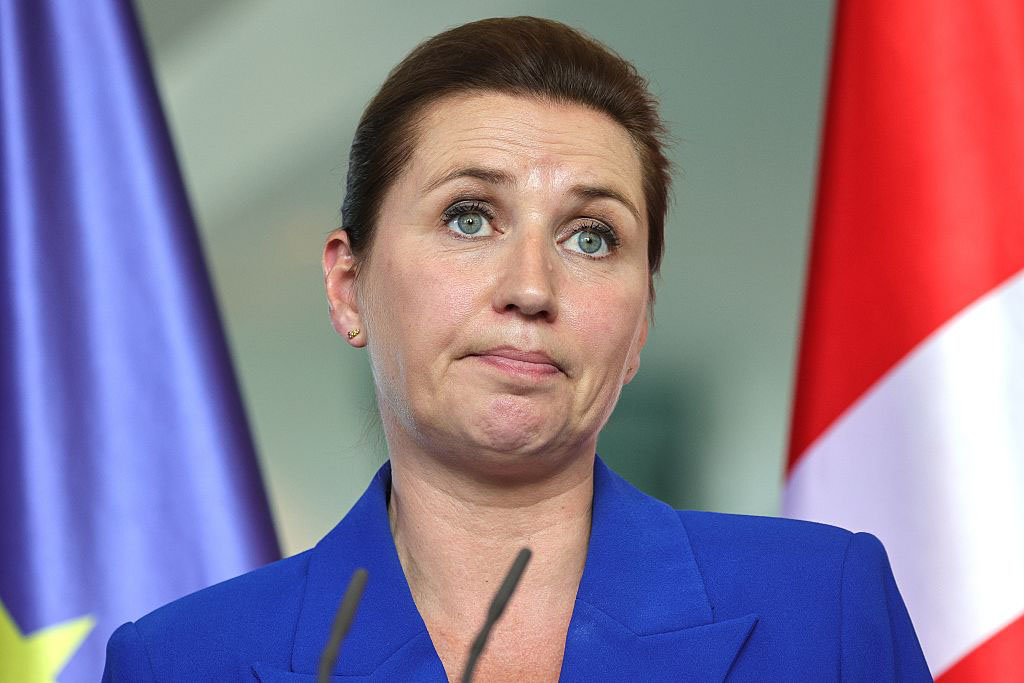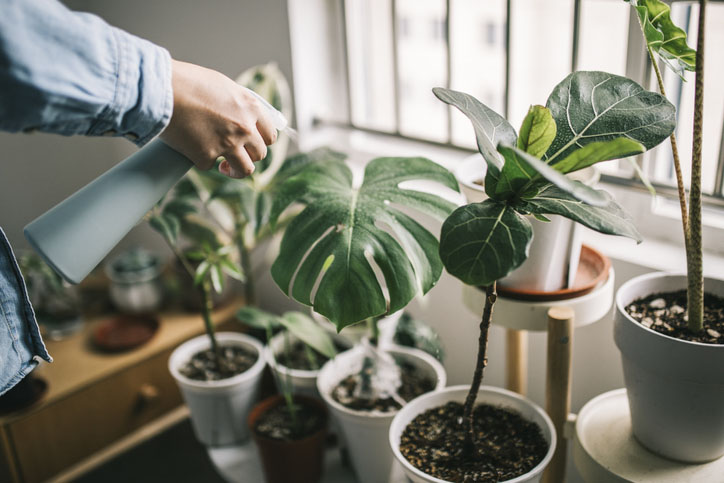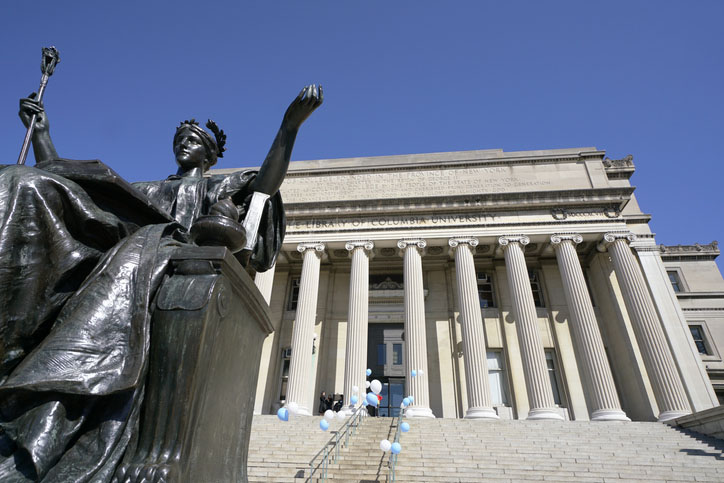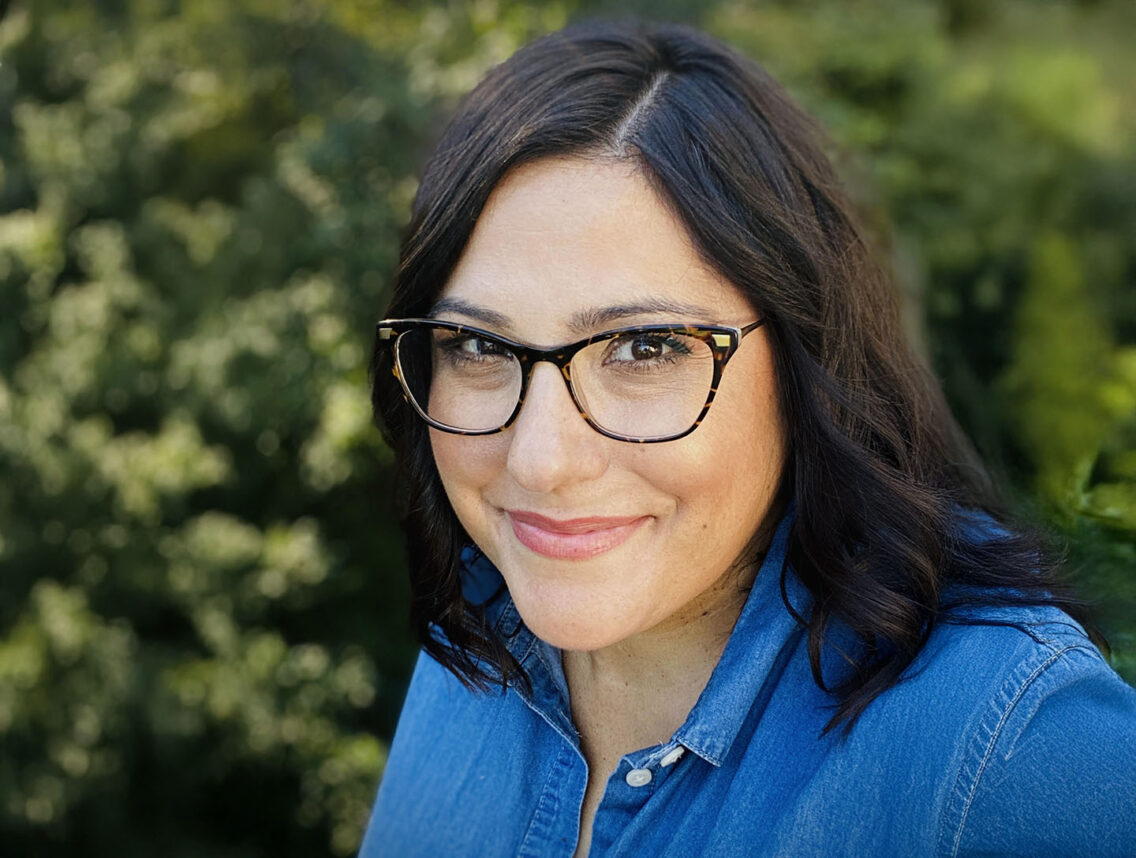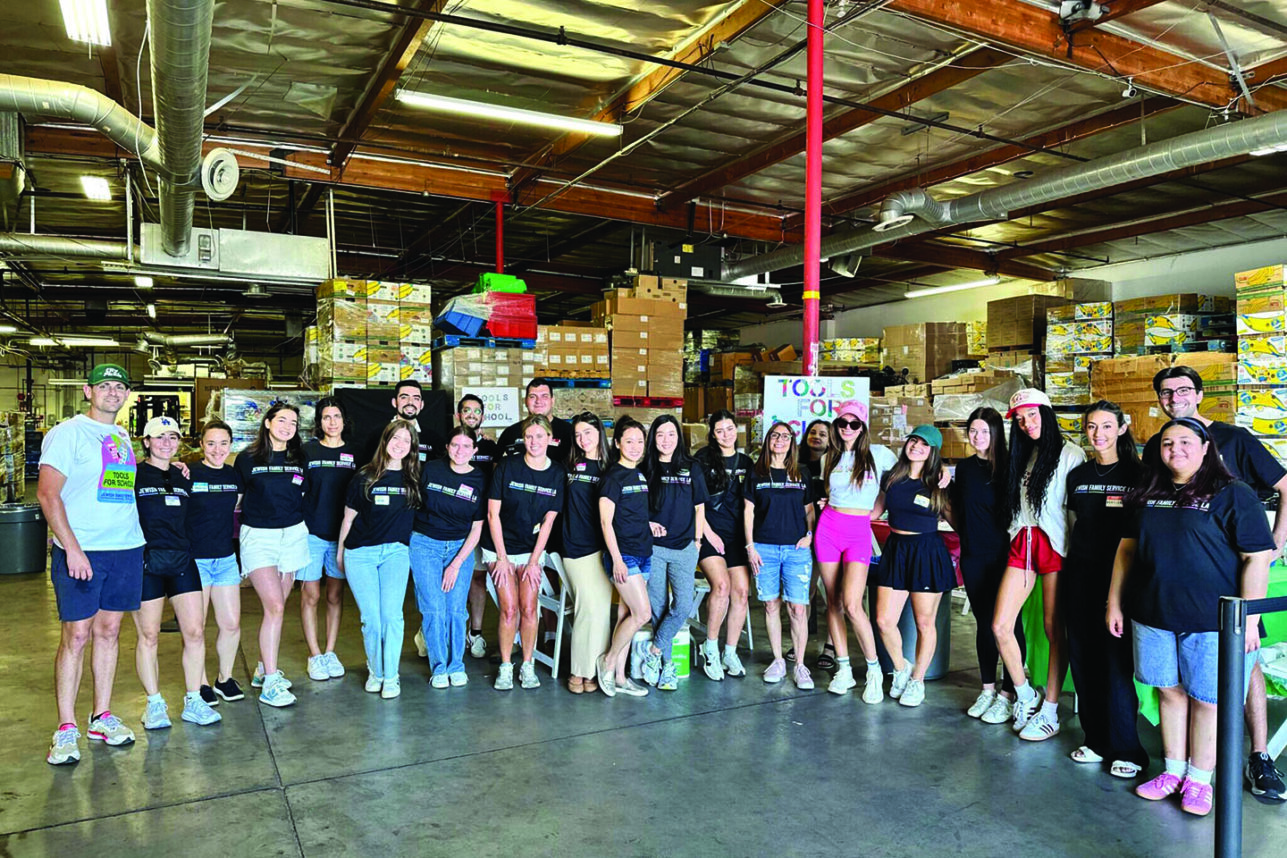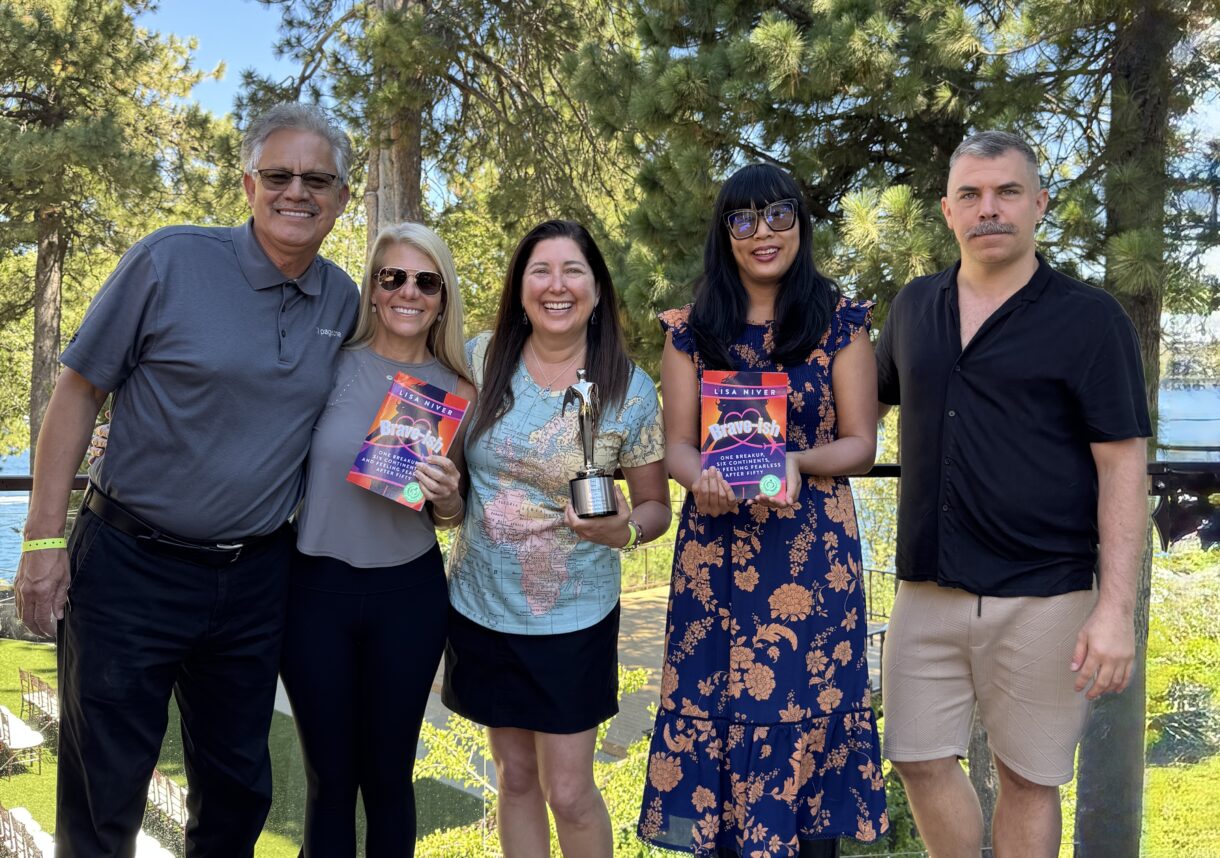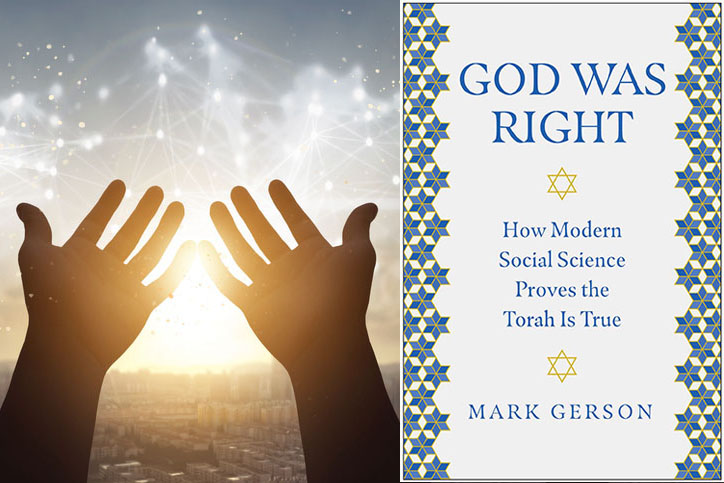The Anti-Defamation League (ADL) just issued a report headlined, “Anti-Semitism on the Rise,” announcing that “a strong undercurrent of Jewish hatred persists in America.” The report cites data on anti-Semitic attitudes virtually unchanged from a decade ago, but slightly higher than four years ago.
To most of us — especially Jewish urban dwellers — the report’s findings and its dire warnings are counterintuitive. The majority of Jewish Angelenos and Jewish Americans, especially those under 50, haven’t encountered anti-Semitism in their lives and do not relate to it as an issue that puts them at risk — with good reason.
Among the numbers cited with greatest concern are those regarding anti-Semitism in the African American and Hispanic communities. Among Hispanics, the polling data among new immigrants are disturbing, but they are never compared to the attitudes of new immigrants from other countries with strong, doctrinaire churches and relatively few Jews. Among blacks, the current study reveals, although not noted in the press release, a near doubling of those in the “not anti-Semitic” category since 1992.
There is also virtually no effort to square the glum “spin” of the report with the fact that less than two years ago, an Orthodox Jew was nominated for the vice presidency of the United States and his Jewishness had no perceptible negative impact on the viability of his candidacy. Nor, for us Californians, is there even a footnote to acknowledge that we have two female, Jewish United States senators — a nonissue here for nearly a decade.
As Leon Wieseltier recently wrote in a brilliant piece in The New Republic, “There is nothing, nothing, in the politics, the society, or the culture of the United States that can support” comparing today’s anti-Semitism to the 1930s, as the ADL did recently. Wieseltier warns of the inappropriateness of the ethnic panic that we seem all too prone to. “For we are the luckiest Jews who have ever lived,” he writes. “We are even the spoiled brats of Jewish history. And so the disparity between the picture of Jewish life that has been bequeathed to us, and the picture of Jewish life that is before our eyes, casts us into an uneasy sensation of dissonance.”
Currently, the forces that are most vocal and energized in our community tend to encourage that dissonance. This is not the result of malevolence on the part of many ethnic and religious leaders (in numerous different communities, not just ours), but rather, because of the difficulty of discarding a mind-set developed over decades. That mind-set promotes ethnic panic and a concomitant inner focus.
As a significant part of the Los Angeles community, the most diverse on earth, we, as Jews, should be especially concerned about how diverse communities relate to one another, the degree of balkanization and the extent to which we share, or don’t share, a common sense of citizenship. These are critical matters for us all, but almost always ignored, except for noteworthy anniversaries and the de rigueur annual “Brotherhood Week” celebrations.
However, of all the aspects of our daily lives, none has more impact on how we live and feel than the quality of human relations in our city. Whether we live in fear of those we don’t know and areas we “dare” not visit, or whether we engage in the world around us speaks to how we feel about the world.
But Los Angeles, unlike many other major urban centers, provides very few opportunities for contact across racial, ethnic, or socio-economic lines. We do not ride public transportation or walk the streets together — rather we sit hermetically sealed in our cars and ride over and around communities with which we simply have no contact.
There are those all too brief periods when we do come together and experience what it is like to feel a sense of shared citizenship. In the weeks following Sept. 11 we felt a shared fate across this country, millions of flags reflected that unity.
But those moments are fleeting and we soon forget what it’s like to share a common experience with strangers.
We in the Jewish community are as guilty of insularity and fear of the unfamiliar as any group in Los Angeles. Too many of us operate in our comfort zones, and never vary one iota from what we’ve always known and been acquainted with.
For not only do we share the concerns of many other Angelenos regarding perceptions of crime and fear of the unknown, our anxieties about leaving our comfort zones are stoked by historical, if not almost genetic, concerns regarding anti-Semitism in the communities around us.
There are facts to nourish some anxiety about anti-Semitism. Some of the anti-Semitism data in the polls are troubling, even if not revealing a “strong undercurrent of Jewish hatred that persists in America.” They do not justify the withdrawal to parochial concerns and fear that are all too present today. We are not under siege. Tolerance has become the mantra of America and such extremists as persist are ostracized and subject to ridicule.
With a realistic view of where we truly are and where the real dangers to our success as active and secure participants in society lay, a recommitment to our full community and to participating in it is in order.
These efforts can’t be the anachronistic “dialogue groups” that seem to run out of steam even before they begin. Rather, we must focus on real projects that involve folks in dealing with real issues — transportation, job training skills for young people and access to education and services.
The 20th anniversary of the L.A. riots, in 2012, is too long to wait for the general public’s — and the Jewish community’s — attention to be focused on these issues.
Now is the time, Los Angeles is the place.
David A. Lehrer is the head of comUNITYadvocates, a new human relations organization dealing with issues of diversity, tolerance and fostering common ground. He served with the ADL for 27 years, and was its director in Los Angeles from 1986-2001.








